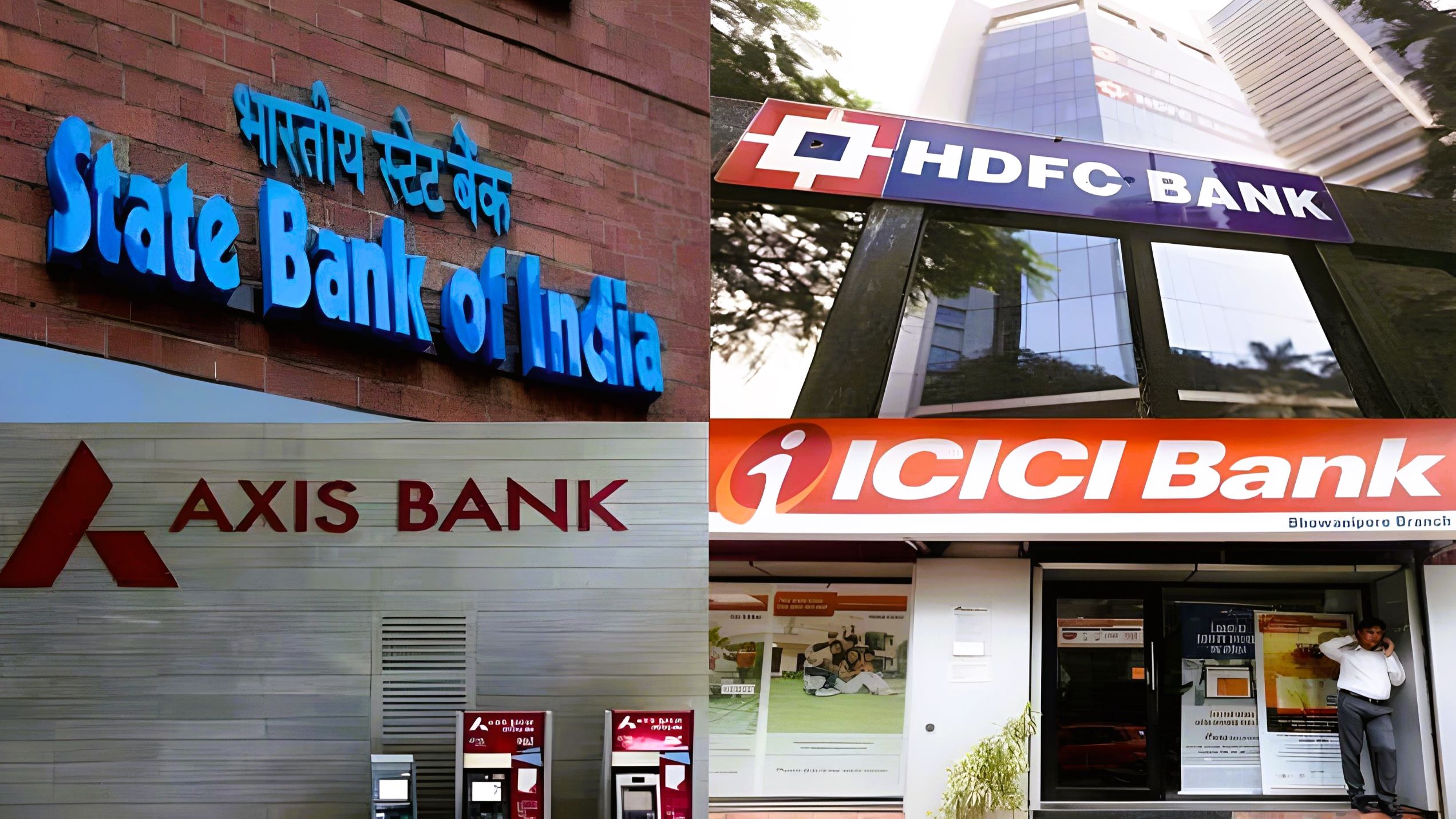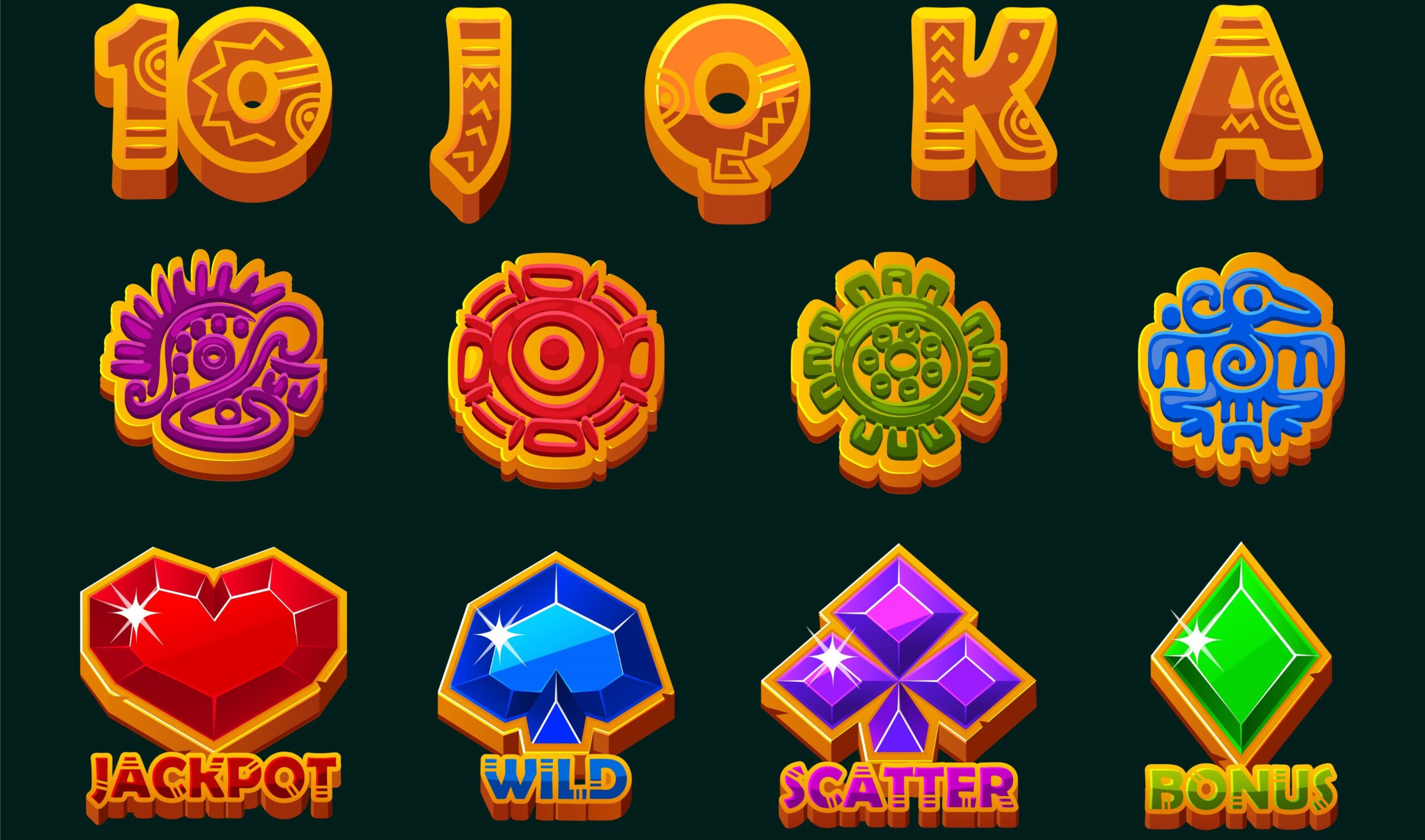Let’s break it down—when we talk about casino transactions, we’re not just talking about flashy trips to Goa. We’re talking about every digital rupee you spend or earn on online gambling platforms. These could be deposits made to play Teen Patti, Andar Bahar, online slots, or withdrawals after a lucky streak. And here’s the thing—banks are the gatekeepers. If they say no, your money’s going nowhere.
Are Casino Transactions Even Legal in India?
Gambling laws in India are notoriously complex and inconsistent. The country does not have a single national law governing online gambling, so the legality of casino transactions is determined on a state-by-state basis. This patchwork system can make it confusing for players who want to understand the rules surrounding online casinos. Some states allow certain forms of gambling, while others impose strict bans. This decentralized approach means that what is legal in one state may be entirely prohibited in another.
In states like Goa and Sikkim, gambling is well-regulated and accepted, especially in land-based casinos. These regions have a long history of casino operations, both offline and online. Goa, for instance, is a popular destination for tourists seeking both entertainment and gambling. Similarly, Sikkim has legalized online gaming, allowing players to engage in various casino games under regulated conditions. The state’s laws ensure that casino transactions can take place safely within the boundaries of the law, and it even offers licenses to online casinos, which operate under specific guidelines.
On the flip side, states like Telangana and Andhra Pradesh have enacted laws that completely ban all forms of online gambling, including casino transactions. These states take a strict stance against gambling, and individuals caught participating in online casinos could face legal consequences. The laws in these regions are designed to curb gambling activity and prevent people from accessing online casino platforms. As a result, players from these states find themselves unable to participate in online gambling legally, and their casino transactions are often blocked by their banks or payment providers.
The situation becomes even more complicated because many online casinos that Indian players use are registered in offshore locations like Malta or Curacao. These casinos are subject to the laws of their respective jurisdictions, not Indian regulations. This creates a grey area where Indian players can access these platforms, but they are technically participating in transactions that fall outside the purview of Indian law. It’s this lack of clarity that often causes hesitation among Indian banks when processing casino-related transactions. As a result, many banks have implemented policies that prevent payments to and from offshore gambling sites, further complicating the issue for Indian gamblers.
How Banks Handle Gambling Transactions
| Bank Name | Transaction Type | MCC Code Category | Transaction Processing | Reason for Blockage |
| State Bank of India (SBI) | International Casino Payments | Gambling and Betting MCC | Blocks most transactions | High-risk categorization for gambling payments |
| HDFC Bank | Domestic & International Casino Payments | Gambling and Betting MCC | Occasionally processes | Selectively processes based on account type |
| ICICI Bank | International Casino Payments | Gambling and Betting MCC | Blocks transactions | MCC flagged as high-risk, often blocks foreign transactions |
| Axis Bank | International Payments to Casinos | Gambling and Betting MCC | Blocks most payments | Concern over legality and gambling-related risks |
| Punjab National Bank (PNB) | International Casino Payments | Gambling and Betting MCC | Blocks transactions | Considered too high-risk by the bank’s internal policies |
Types of Casino Transactions Indian Players Use
Indian players engage in various types of transactions when participating in online casinos. These transactions can involve depositing money to play, withdrawing winnings, or even dealing with issues like chargebacks. Here’s a detailed list of the most common types of casino transactions:
- Deposits
This is the most common transaction for players. Deposits involve sending money to the casino’s account so that you can participate in games. Indian players typically use various payment methods such as credit/debit cards, UPI, e-wallets like Paytm, Google Pay, or bank transfers. Fast and secure deposit methods are a priority for many players, allowing them to quickly fund their accounts and start playing. - Withdrawals
Once you’ve accumulated winnings, the next step is to withdraw those funds. Withdrawals are the process of transferring money from your casino account back to your bank or e-wallet. Indian players often prefer quick withdrawals, but this can be a tricky process as banks tend to block transactions related to casinos. Some casinos also impose withdrawal limits or have verification processes that can slow down the speed of receiving your winnings. - Refunds/Chargebacks
While not as common, refunds or chargebacks can happen when a player disputes a charge or if there’s an error in a transaction. For example, if a player accidentally deposits an incorrect amount or the casino fails to deliver promised rewards, a refund request might be made. A chargeback could also occur if there’s a disagreement about the transaction’s legitimacy, though this is relatively rare in the context of Indian online casinos. - Recurring Payments
Some online casinos offer VIP programs or subscription services, where players sign up for regular, automatic payments. These recurring payments often come with benefits such as loyalty points, special rewards, or enhanced features for premium users. Indian players who are frequent casino participants may opt for these services to enhance their experience and get better rewards.
Popular Payment Methods Accepted by Indian Casinos
When it comes to making transactions at online casinos, Indian players have a variety of payment methods to choose from. However, the ability to use these methods depends largely on what is supported by both the casinos and the Indian banks. Let’s explore some of the most popular payment options accepted by Indian casinos and how banks handle them.
One of the most widely used payment methods for Indian casino players is UPI (Unified Payments Interface). UPI has gained immense popularity due to its seamless integration with banking apps and ease of use for instant transfers. It allows players to deposit money into their casino accounts in a matter of seconds. However, while UPI is accepted by many casinos, Indian banks can sometimes block transactions linked to gambling-related activities. This means that even though UPI is a quick and convenient payment option, its use for gambling transactions is often restricted by banks concerned about the legality of online gambling in India.
NetBanking is another commonly used method for online casino transactions. This allows players to transfer funds directly from their bank accounts to the casino’s account. Most major banks in India support NetBanking, making it a popular choice for players who prefer to make deposits without relying on third-party services. However, similar to UPI, NetBanking transactions for gambling purposes may face hurdles due to restrictions imposed by Indian banks, especially those that deem gambling transactions as high-risk or illegal.
Debit/Credit Cards, including Visa and MasterCard, are also accepted by many online casinos. They offer players a convenient way to fund their accounts and are widely supported. While these cards are generally accepted by casinos, Indian banks can sometimes flag transactions related to online casinos, resulting in payment failures or delays. Banks are cautious with international payments, particularly those made to gambling sites that are based overseas. As such, using debit or credit cards for online casino transactions can sometimes be a gamble in itself, depending on the bank’s policies.
Why Some Banks Block Casino Payments
| Reason | Explanation | Impact on Transactions | Common Bank Response | Examples of Blocked Transactions |
| Legal Uncertainty | Gambling laws in India are not uniform, and online casinos often operate offshore. | Banks are cautious as they may be held responsible for facilitating illegal activities. | Some banks automatically block payments to international casinos. | Transactions involving international gambling sites may be blocked due to potential legal concerns. |
| Risk Management | Gambling transactions are high-risk due to the potential for fraud or money laundering. | High-risk categories such as “gambling” are flagged to prevent financial crimes. | Banks may block or delay payments from high-risk categories like MCC 7995. | International payments flagged as gambling could be blocked automatically to minimize risk. |
| International Merchant Restrictions | Foreign casinos are often categorized under red-flagged merchant codes by banks. | Transactions to international casinos may not comply with merchant regulations set by Indian banks. | Banks may refuse payments that fall under gambling-related merchant categories. | Payments to casinos registered in countries like Malta or Curacao may face delays or rejections. |
| MCC 7995 (Gambling) | Transactions linked to gambling often come with the MCC 7995 code, which banks use to flag gambling-related payments. | Transactions with this code are automatically flagged as high-risk, making them prone to being blocked. | Banks use automated systems to detect MCC 7995 and block these transactions. | Transactions marked with MCC 7995, such as online casino deposits, could be flagged as high-risk and blocked. |
Indian Banks Known to Support Casino Transactions
Although most Indian banks are cautious about processing gambling-related transactions, some are more lenient and have a history of allowing payments to online casinos. Based on user experiences and transaction patterns, here are some of the banks that are known to support casino transactions:
- ICICI Bank
ICICI Bank is often cited as one of the more flexible banks when it comes to online casino payments. They are known for their efficient digital banking services and tend to be more accommodating with international transactions, including those related to online casinos. While ICICI Bank may still flag some transactions related to gambling, they are generally faster to process payments compared to other banks. - Axis Bank
Axis Bank is another private sector bank that has earned a reputation for being more tolerant of casino-related transactions. With a focus on digital banking and seamless international payments, Axis Bank customers have reported fewer issues when attempting to deposit or withdraw money to and from online casinos. However, like ICICI Bank, users should be aware that occasional payment blocks can still occur depending on the specific gambling site and the transaction’s nature. - HDFC Bank
HDFC Bank is one of the largest private sector banks in India and has earned a reputation for offering convenient banking services. While it is not immune to blocking gambling-related transactions, many customers have reported successful casino payments with this bank. HDFC Bank’s advanced security measures and reliable international payment systems make it a preferred option for players who wish to engage in online gambling, though some restrictions may apply. - Yes Bank
Yes Bank has been known for its progressive approach to fintech and digital banking solutions. As a result, many online casino players prefer using Yes Bank for their transactions. This bank has a relatively high acceptance rate when it comes to international casino payments, and while it does occasionally block gambling-related transactions, users have found that payments are typically processed smoothly compared to other Indian banks. - Kotak Mahindra Bank
Kotak Mahindra Bank is another private sector bank that tends to be more adaptable to the needs of digital-savvy users. Known for its innovative financial products and services, Kotak Mahindra Bank has seen an increasing number of users making casino-related transactions with relative ease. Although some gambling transactions may still get flagged, Kotak Mahindra Bank is generally considered one of the more reliable options for casino payments in India.




